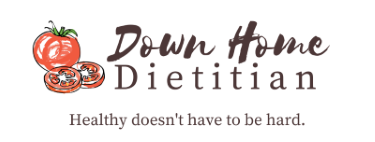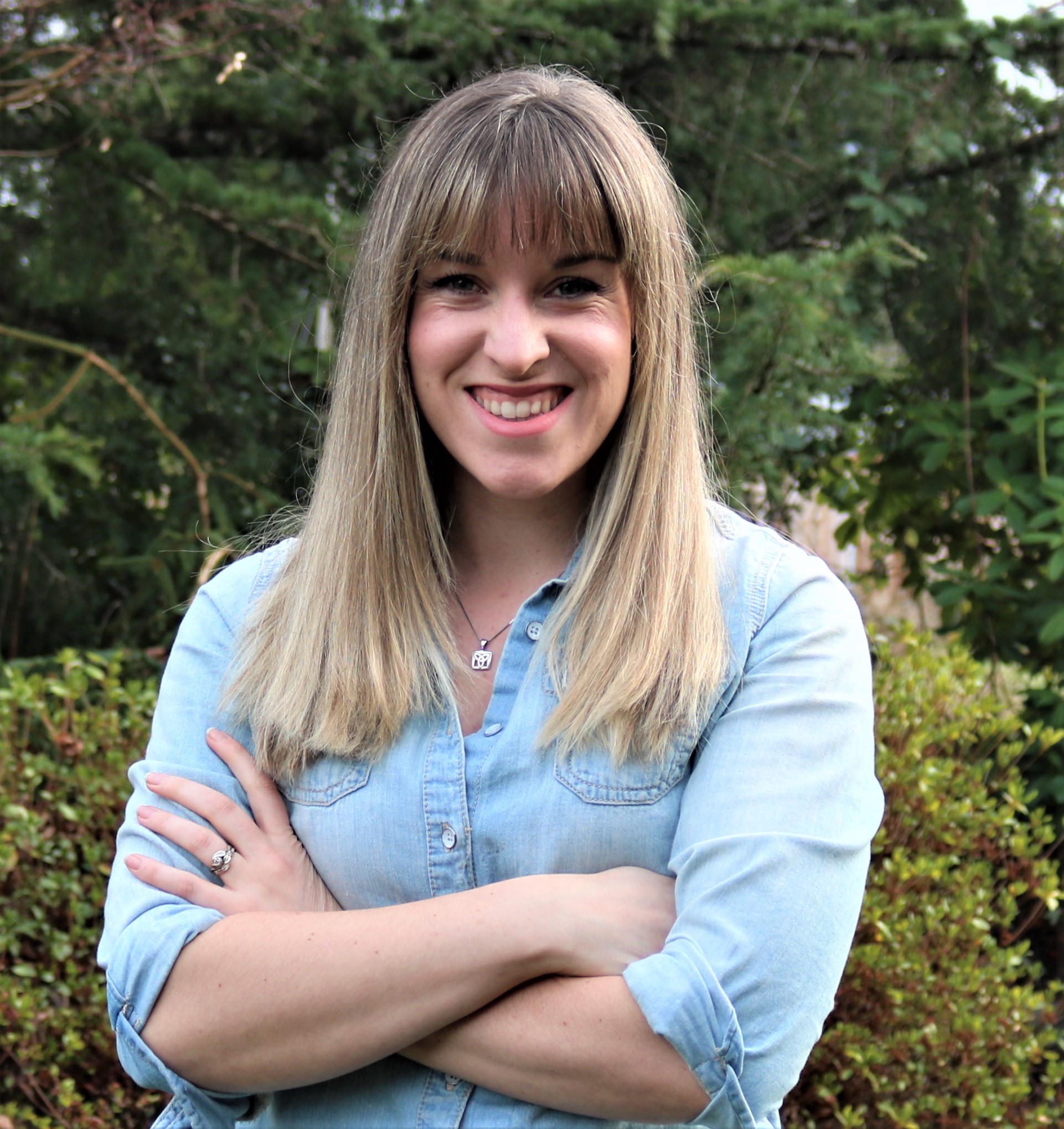Finding a place for Paleo in my practice (Part 2)
If you visited a few days ago you may have read my lamentations about the social struggles I have been facing on my journey with paleo. I have realized how much of a social eater I am, and the way that eating paleo affects that part of my life.
I then asked myself a question I never thought to ask before: is it worth it? Say hypothetically that paleo or any other “diet” for that matter is the absolute perfect, most healthful way to eat (I don’t endorse this to be true for reasons I’ll talk about in future posts, but just go with me for a minute). If I knew for a fact that eating this way was ideal for my body but that it would bring forth this separation from social activities that I love and experiences I want to have, would it be worth it? Would I still do it?
The answer to that question had to come after some introspection about even broader and more philosophical issues: why did I become a dietitian in the first place? Am I on the search for identifying the perfect way to eat? Do I want to help people live as long as humanly possible? Do I want to help the healthy continue without disease? My answer was tough to identify, but eventually it came to be that I want to help people live their best possible lives.
I want to help people live lives of quality that are meaningful and enjoyable to them. For most people that involves being healthy. For some people, that means living to 100 years old or avoiding every possible chronic disease. For others, it means going to bed every night without a growling stomach. Others want to lose extra weight so they can play outside with their children. For me, it means participating in the full experience of preparing, sharing, and discovering all of the foods I enjoy.
So the answer to my first question is no, for me it isn’t worth it to eat this way forever. I personally would rather live 70 years of my “full meal deal” than 100 years on paleo or any other diet that leaves me feeling so restricted. And that’s my best possible life.
I brought the issue to my former classmate and friend Nick, who also happens to be a dietitian (check out his website here). Now, there is something unique about Nick that you all should know. He eats basically only meat and vegetables and will encourage his clients to do the same. I came to him during the peak of my misery in my first week of paleo and basically scolded him for ever recommending this miserable existence to anyone (if you know me at all, you know I have a tendency to be just a tad dramatic). He found my frustration with the restrictions of the diet interesting because he said he finds eating that way liberating. I couldn’t believe it. Nothing but meat and veggies is liberating?!?
As we talked more, the pieces fell into place. In his past, Nick had spent some time in the bodybuilding community and was introduced to a world of disordered eating behaviors. From what I understand (correct me if I’m wrong, here Nick), he felt controlled by his body’s desire to eat certain foods – namely, carbohydrates. Over time he began to research the part that carbohydrates play in the body and decided to start eliminating carbohydrates from his diet bit by bit (probably a better strategy than the cold-turkey one I used) until his body no longer craved them. Carbohydrate addiction is a real thing – and there is definitely science to prove it. To beat any addiction, most people have to eliminate the offending substance entirely. For Nick, he is now essentially carb-free, healthy, and doesn’t have to fight his own body to eat the way he knows is best for him. He works with clients who are obese and carbohydrate-addicted and has been majorly successful because he understands their battle, what they need, and the science behind it. Carb-free is his best possible life.
Though the cliche is not new, I am realizing how it applies to my profession: different strokes for different folks. There may be one “perfect” way to eat. Maybe someday scientists will identify it, but even if they do it won’t really be perfect for everyone. People have different needs, desires, and priorities in regard to their food. As a dietitian, it is my responsibility to encourage clients toward their own best possible life and understand that it doesn’t look the same for everyone. What do you all think? What’s your best nutritional life?




[…] The Ugly: My main beefs with the paleo diet are twofold (not counting the social impact I described here and here). […]
… [Trackback]
[…] Read More here: dietitianonadiet.net/finding-a-place-for-paleo-in-my-practice-part-2/ […]